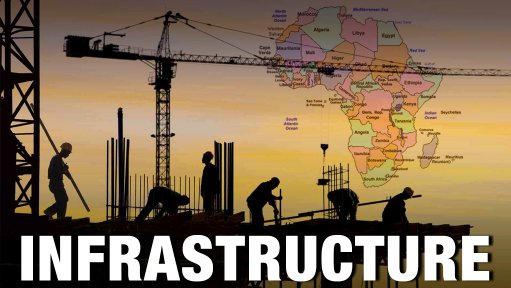
Only 42% of engineers felt that government was effectively delivering on its promised infrastructure spend, a recent Professional Provident Society (PPS) survey of 400 South African engineers revealed.
PPS head of group marketing and stakeholder relations Gerhard Joubert stated that the survey results were not surprising, given the widespread concerns about infrastructure goals not being met.
However, South African Institution of Civil Engineering (Saice) CEO Manglin Pillay said government was delivering on its promises regarding the infrastructure spend announced over the past few years, even though progress was extremely slow.
“Currently the roll-out of projects is hardly making a dent in the earmarked spend of more than R870-billion. The lack of adequate roll-out has seen companies releasing civil engineering professionals and some engineers have also chosen to leave the country for employment elsewhere,” Pillay said, adding that this was something South Africa could not afford should the big infrastructure roll-out happen.
“In addition, the National Development Plan (NDP), as well as the Millennium Development Goals, will be prejudiced, as many of the priorities are directly linked to civil engineering, which is at the heart of service delivery,” he said.
Meanwhile, only 18% of engineers surveyed believed that enough was being done to attract new engineers to the profession.
This finding was in line with the recent announcement by Higher Education and Training Minister Dr Blade Nzimande, who said that while the number of engineering graduates had increased from 8 424 in 2009 to 9 387 in 2011, this was still below the target of 10 093, Joubert pointed out.
“Nzimande stated that tertiary institutions indicated they required interventions in order to increase graduate output,” he said.
Pillay agreed that more had to be done to make the engineering profession more attractive, adding that, for this reason, Saice was involved in career guidance initiatives.
He added that finding experiential training opportunities, especially for university of technology students, was a huge challenge.
“Owing to inadequate project roll-outs, companies are unwilling to provide crucial experience to these students. This, in turn, prevents them from obtaining their qualifications. In fact, there are many students, who have completed their formal training, but are unable to qualify and thus are not gainfully employed,” Pillay said.
Joubert concluded that the challenges identified through the PPS survey had to be dealt with for South Africa to be able to attract and retain engineering professionals.